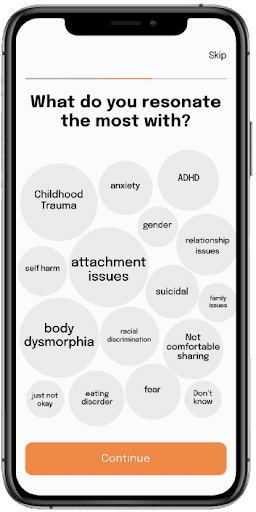Keep Talking Nobody Explodes - Interaction metrics
Keep Talking Nobody Explodes - Explosive Synergy
Overview
Role:
Team Member
Year:
2023
Collaborators:
Sina, Tanuj, Ash
Course:
HCI 681 - Interaction Metrics Project
Objective:
The primary goal of the project was to analyze the interaction metrics in the cooperative game Keep Talking Nobody Explodes. The study focused on how players’ primary language (English vs. Persian) affected communication efficiency and error rates, how the learning curve differed based on the platform (PC vs. VR), and how the roles of experts vs. novices influenced interaction and outcomes in a high-stakes, time-sensitive environment.
Big Questions:
How does players' primary language affect communication efficiency and error rates?
Does the learning curve for the game differ based on the platform used (PC vs. VR)?
Can the roles of experts and novices influence communication outcomes?
The Challenge
This project explored the challenges of effective communication in high-pressure cooperative environments where primary language differences may affect performance. The game itself requires one player (the “defuser”) to disarm a bomb based on instructions from another player (the “expert”) who has the manual.
We needed to analyze:
Whether communication efficiency and error rates were impacted by language differences.
How the platform (PC vs. VR) influenced the learning curve and performance.
Whether the dynamics between novices and experts in the game influenced the outcomes.
System Design
Communication Efficiency and Language Impact
To assess how language proficiency impacted communication, we analyzed the efficiency of instructions, the number of errors made during the process, and how quickly defusers could follow the experts’ guidance. The study focused on comparing English-speaking and Persian-speaking participants, examining how language differences affected task performance under stress.
Platform and Learning Curve Analysis
We explored the learning curve based on whether participants played the game on PC or VR platforms. We analyzed how quickly participants adapted to the controls, navigated the interface, and interacted with their environment, comparing the performance in VR to the PC platform.
Expert vs. Novice Roles
We explored the impact of having expert players guiding novices in the defuser role. The study focused on how communication dynamics shifted when experts led the process, and how novices performed under their guidance. The analysis provided insights into whether having an expert increased performance and reduced error rates.
Key Responsibilities
Team Member
As a team member, my responsibilities included:
Data collection: Conducting testing sessions where players communicated across both PC and VR platforms in different language settings.
Analysis: Analyzing the communication patterns, learning curves, and error rates using interaction metrics.
User Testing: Organizing and conducting tests to assess how the expert-novice dynamic influenced gameplay efficiency and outcomes.
Project Highlights
Language and Communication Efficiency
Our analysis showed that language differences (English vs. Persian) had a significant impact on communication efficiency. Teams where both players spoke the same language were more likely to perform better with fewer errors compared to teams where there was a language barrier.
Learning Curve Across Platforms
We found that participants playing on the PC platform adapted more quickly to the game than those on VR. However, once acclimated, VR players displayed improved performance in terms of immersion and focus, suggesting that the platform's learning curve was steeper but potentially offered more engagement in the long run.
Expert vs. Novice Dynamics
Teams with an expert were able to achieve quicker success in disarming the bomb, but only when the expert provided clear, concise instructions. Novices, under time pressure, performed best when experts remained calm and broke instructions down into smaller, actionable steps.
Conclusion
Results
The study highlighted that:
Primary language plays a crucial role in communication efficiency and error rates in high-pressure environments like Keep Talking Nobody Explodes.
The learning curve for VR is steeper compared to PC, but players on VR may become more immersed and focused once they adapt.
Teams with expert players excel when experts use clear and concise instructions, proving that the role of an expert can significantly reduce stress and improve outcomes.
Learnings
From this project, I gained insights into:
How language barriers can influence task performance in time-sensitive scenarios.
The importance of a tailored approach when transitioning users from PC to VR platforms.
The impact of clear communication and expert leadership in collaborative problem-solving environments.
Future Enhancements
Future work could focus on:
Expanding the study to include other language groups to further explore the impact of language on performance.
Investigating the long-term impact of expert-novice dynamics in similar high-pressure environments.
Conducting more in-depth studies on how platform familiarity affects learning curves in different types of VR-based tasks.




